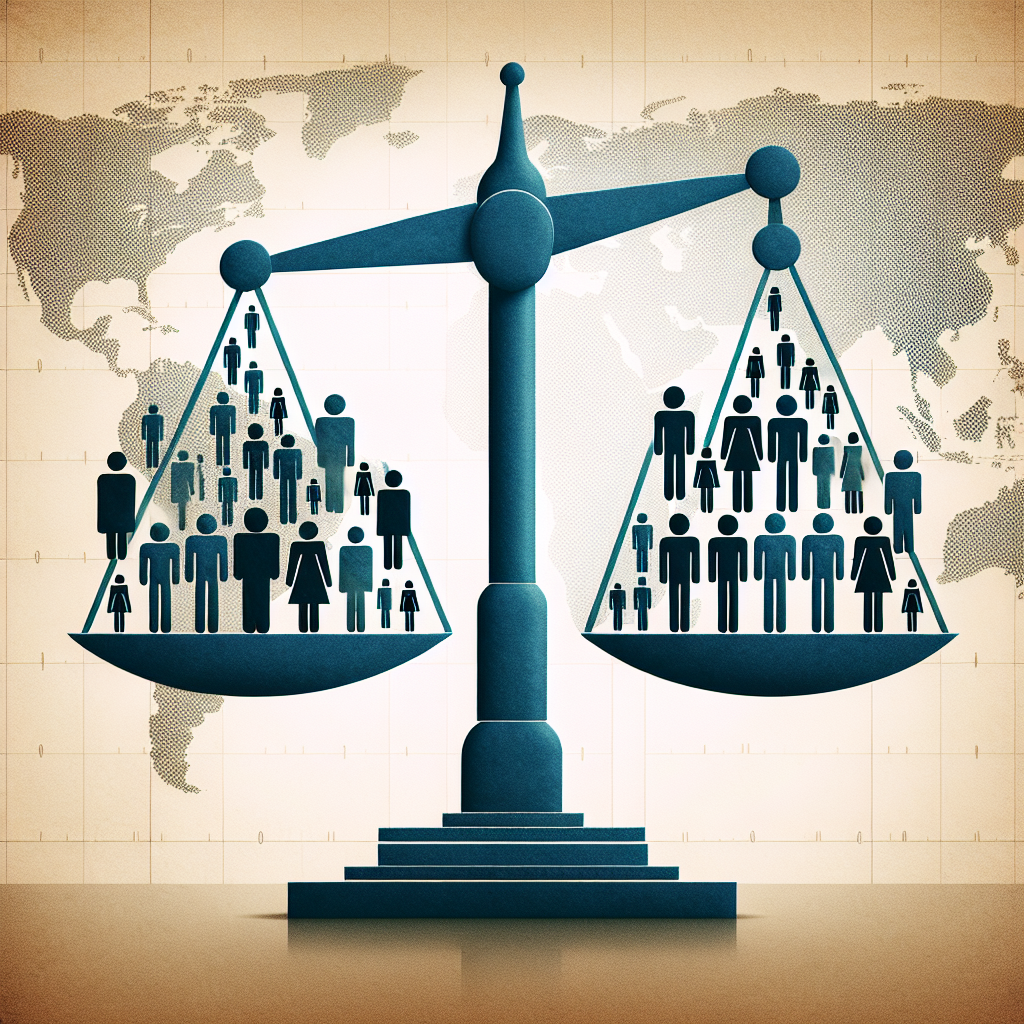The recent decision by the Israeli Knesset to ban UNRWA, the United Nations Relief and Works Agency for Palestine Refugees in the Near East, has raised significant concerns within the humanitarian community. Proponents of the ban argue that UNRWA operates in alignment with Hamas, positioning the agency as part of a broader narrative that equates various civilian entities—including hospitals, journalists, and schools—with the militant group. This portrayal has led to the dehumanization of innocent civilians, suggesting that the very structures meant to provide aid and support to the Palestinian populace are somehow complicit in violence. The rhetoric employed frames the humanitarian crisis in Gaza as not merely a consequence of military actions but as an affront to intelligence, mocking anyone skeptical of this sweeping indictment of numerous civilian institutions.
Amid these developments, the U.S. Biden administration expressed its “deep concerns” over the Israeli policies that exacerbate the humanitarian crisis in Gaza. This statement, however, has been dismissed as insincere, with critics pointing to the administration’s overall alignment with Israeli actions as a problematic underpinning of its foreign policy. Many view these expressions of concern as merely performative, suggesting that real change would require tangible actions that challenge Israel’s military and political maneuvers rather than mere vocal opposition. The administration’s impotent vocalizations serve as a constant reminder of the politicized nature of humanitarian issues, as well as the limitations of diplomatic rhetoric in effecting real change on the ground.
In the media, instances of insensitivity toward Palestinian issues have proliferated, an example being CNN’s recent apology after a panelist made an insensitive joke regarding a journalist of Palestinian descent. This reflects a broader trend where discussions surrounding Palestinian rights and suffering are often met with hostility, with critics being demonized rather than engaged constructively. Such interactions illustrate how discourse on sensitive political issues is frequently overshadowed by a culture of criticism and ridicule, contributing to a hostile environment for those advocating for justice.
As U.S. politics take center stage, particularly with the forthcoming elections, commentary continues to swirl around the candidates’ approaches to foreign policy, particularly concerning Israel and Palestine. The prevailing narrative positions the Democratic nominees as potentially less harmful toward Gaza than their Republican counterpart, yet critics argue this is a misleading and unsubstantiated claim. Emphasizing that both parties are enmeshed in a military-industrial complex that supports a hawkish stance on foreign relations, opponents of this simplistic dichotomy call for a more nuanced discourse that recognizes the consequences of military actions in Gaza. They challenge voters to confront the reality of U.S. complicity in a system that perpetuates violence rather than seeks peace.
The comparison between potential candidates and their differing impacts on foreign policy, particularly with respect to Gaza, reflects a troubling trend of vague political narratives lacking substantive evidence or outcomes. Proponents of the current administration, including its leading figures, have similarly engaged in bombastic critiques of previous administrations while upholding their own problematic policies. This cyclical narrative not only shifts responsibility away from systemic issues but also disengages voters from demanding accountability and reform within their own political structures.
Therefore, as discussions around the upcoming elections intensify, it is crucial for the progressive movements to refocus on advocating for justice regarding the ongoing crisis in Gaza. It is essential for activists and voters to recognize that supporting a platform that is indifferent or even complicit in humanitarian suffering is not a sustainable or ethical choice. Without addressing these issues directly—and continuing to hold politicians accountable for the impacts of their policies—progressives risk sidelining the very movements that aim to confront and rectify the injustices faced by marginalized populations globally. In the attempt to push back against narratives that undermine human rights, activists must forcefully reinsert the plight of Palestinians into the public discourse, thereby resisting the normalization of ignorance and complicity as acceptable political positions.

